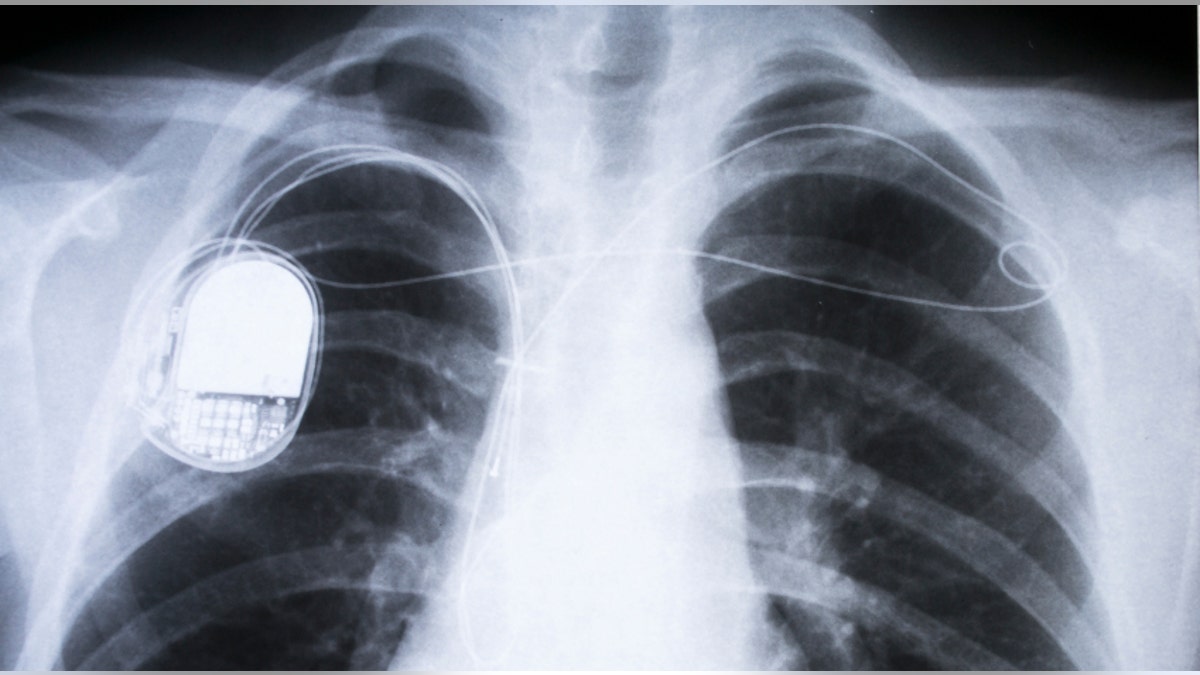
People with dementia are more likely to get pacemakers than people without any cognitive impairment, according to a new study.
The study can’t explain why people with dementia are more likely to get the devices, which help control irregular heart rhythms, according to the lead author.
“It may be completely appropriate,” Nicole Fowler said. “There may be something that we haven’t been able to measure that makes people with dementia need them more.”
Alternatively, she told Reuters Health that the difference could represent family members or doctors choosing more aggressive treatment for people with dementia.
Fowler worked on the new study while at the University of Pittsburgh School of Medicine. She’s now affiliated with the Indiana University Center for Aging Research in Indianapolis.
She and her colleagues write in a research letter in JAMA Internal Medicine that people with dementia and a lesser form of thinking and memory trouble known as mild cognitive impairment can also have heart problems.
People with dementia, their family members and their doctors should weigh the risks and benefits of using pacemakers, they add.
For the new study, the researchers analyzed data on 16,245 people seen at 33 Alzheimer’s Disease Centers from September 2005 through December 2011.
At their first visit to the centers, about 46 percent of people had no evidence of dementia. Another 21 percent had mild cognitive impairment and 33 percent had dementia.
Over the course of the study, four people out of every 1,000 who didn’t have signs of dementia at their first visit received a pacemaker each year. The rate increased to 4.7 per 1,000 people among those with mild cognitive impairment and 6.5 per 1,000 people among those with dementia.
The researchers found that people with dementia were 60 percent more likely to receive a pacemaker than those without dementia after taking into account their age, sex, race, location, heart health, blood pressure, stroke risk and cognitive decline during the study.
They write that the findings are counter to expectations that people with serious and often fatal conditions might be treated less aggressively.
Additional studies will be required to find out exactly why people with dementia are more likely to receive pacemakers, Fowler said.
“Medical decisions for patients with dementia are really hard,” she said. “We know from the data that families really struggle to make medical decisions . . . It’s important to find out what are some of the things patients and families need to support their decision making.”







































